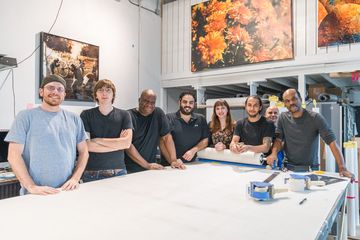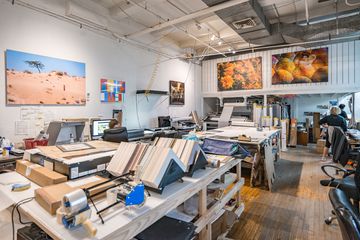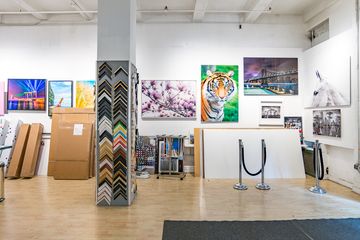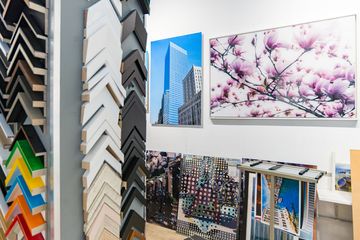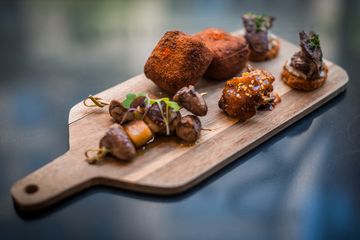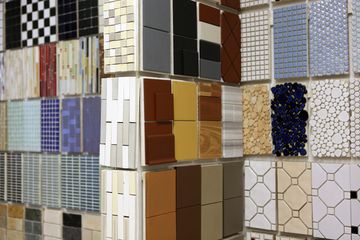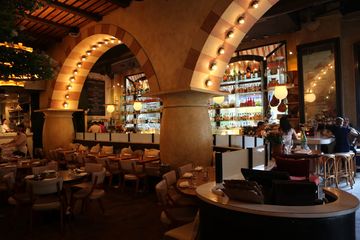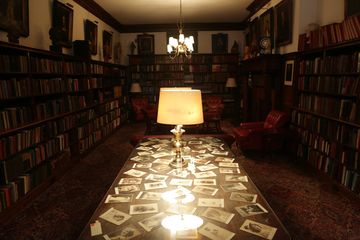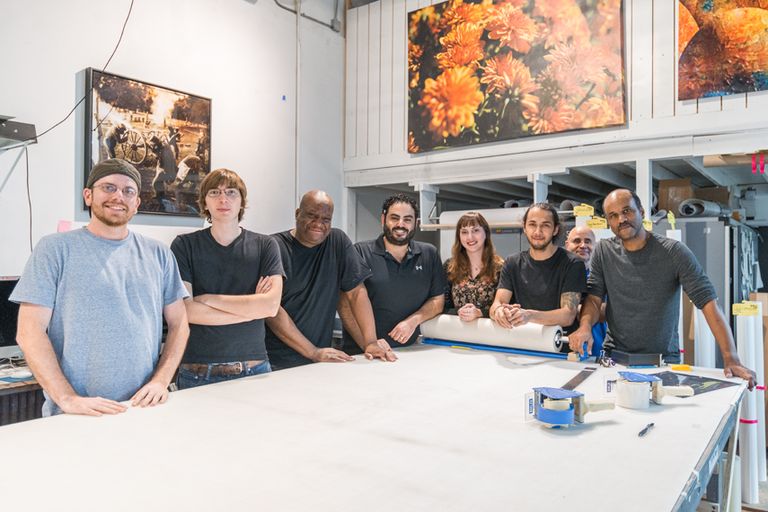
"He came as a street kid from India - he had nothing," Neil, the son of Deepak Kurnar, shared with me as we spoke about Baboo Gallery. Before I began delving further, I had to inquire about the name of the shop. "Baboo? Oh, that was the pet name my grandmother gave to my dad when he was a young boy growing up in India," Neil said, matter-of-factly.
Neil told me that his father "ran away from India," first to Thailand and then to Hong Kong, before earning enough money to fly to Canada, where his older sister lived. Neil said that he still loves hearing his dad tell the story of his flight to Montreal in the 1970s with Pan American Airlines. It was December 31st, so each time the plane entered a different time zone, the stewardess would open up another bottle of champagne and pour glasses for everyone on board, wishing the passengers a "Happy New Year."
After a few years in Canada, Deepak took off for New York, which became his ultimate destination. He had relatives living in Manhattan, who offered him a place to live and a job in their photography shop. In 1983, when Deepak was thirty years old, he decided that it was time to start his own business. This was the same year that Neil was born.
Initially, Deepak had a small space and was only able to hire one employee. Determined never to take any of the customers from his cousin's business, Deepak began "cold-calling" people, attempting to establish his own reputation in the film processing world. As his business grew, he recognized the need to "stand out." There was a lot of competition in the photography district, but Deepak had the foresight to go digital well before others. Because he was able to "get on it faster than everyone else on 20th Street," his large shop is still in existence today, well over thirty years from when he first opened.
State-of-the-art digital scanning, printing, fine art reproductions, custom framing, and mounting are only some of the services that Deepak, Neil, and their staff offer customers - many of whom have come to him from fine art galleries and museums around the world. Today, Baboo is one of the last remaining shops in the district, and Neil is very proud of his father's accomplishments.
My last question to Neil was, "What brought you into the business?" "I didn't want to go to school anymore," Neil admitted. "I asked my dad if I could join him." He informed me that he did not like the business at first. "It wasn't my thing," he said, but the more he got involved and interacted with the customers, the more he found the shop growing on him. The most important aspect of working at Baboo, Neil revealed, was recognizing how similar he was to his dad. "This place was always my sibling - as I did not have any sisters or brothers - and sometimes I felt that it got more attention from my father than I did." By spending more time in the shop, however, Neil learned to respect his dad and to enjoy every aspect of his father's business. He told me, "I get to see beautiful images every day - I could find worse ways to spend my time."
